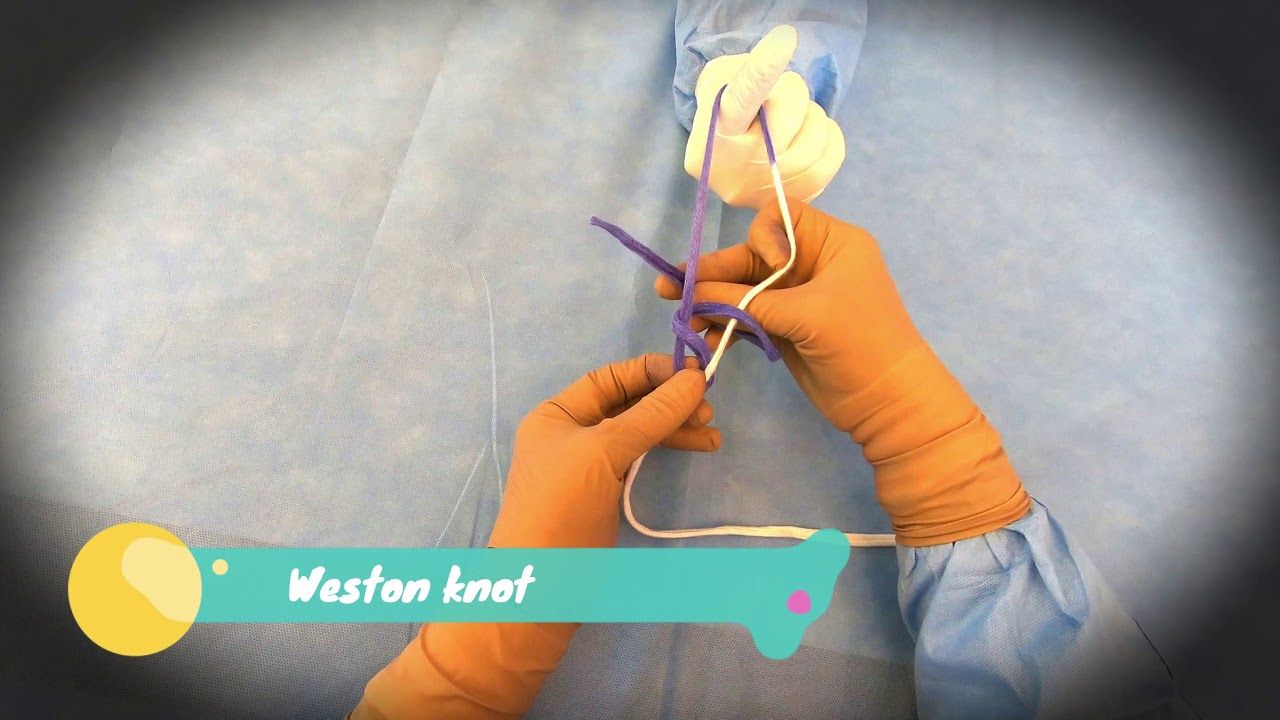Revolutionizing Rectal Prolapse Management: The STARR Procedure Unveiled
Add to
Share
1,120 views
Report
10 months ago
Description
The STARR Procedure, also known as Single Stapler (Stapled Transanal Rectal Resection), is an innovative surgical technique designed to address rectal prolapse, a condition where the rectum protrudes through the anus. This procedure aims to restore the rectum to its proper position within the pelvic cavity, thereby relieving symptoms and improving the patient's quality of life. During the STARR Procedure, the surgeon utilizes a specialized single stapler device to remove excess tissue from the rectum and create internal staples, effectively reducing the prolapse and securing the rectum in its anatomical position. This minimally invasive approach is often preferred over traditional open surgeries, as it typically results in less pain, shorter recovery times, and reduced risk of complications. The procedure is performed transanally, meaning through the anus, without the need for external incisions. This approach offers several benefits, including reduced surgical trauma, lower risk of infection, and improved cosmetic outcomes. Additionally, by using a single stapler device, the procedure simplifies the surgical process and reduces operating time, contributing to a more efficient and streamlined experience for both the surgeon and the patient. While the STARR Procedure can be highly effective in treating rectal prolapse, it is essential to consult with a qualified healthcare provider to determine if this approach is appropriate for individual cases. As with any surgical intervention, potential risks and benefits should be carefully considered before proceeding, and patients should receive thorough pre-operative evaluation and post-operative care to optimize outcomes and ensure a successful recovery. Following the STARR Procedure, patients typically experience relief from the symptoms associated with rectal prolapse, such as rectal bleeding, fecal incontinence, and discomfort during bowel movements. The restoration of normal rectal anatomy can lead to improved bowel function and a better overall quality of life. Recovery from the STARR Procedure is often quicker compared to traditional open surgeries, with many patients able to return to their daily activities within a relatively short period. However, it's important for patients to follow their surgeon's post-operative instructions carefully, which may include dietary modifications, physical activity restrictions, and medication management, to support healing and minimize the risk of complications. As with any surgical procedure, there are potential risks associated with the STARR Procedure, including bleeding, infection, and injury to surrounding structures. Patients should discuss these risks with their surgeon and ensure they have a clear understanding of what to expect before undergoing the procedure. In conclusion, the STARR Procedure offers a minimally invasive and effective treatment option for rectal prolapse, providing patients with relief from symptoms and improved quality of life. With careful patient selection, thorough pre-operative evaluation, and skilled surgical technique, the STARR Procedure can be a valuable tool in the management of this challenging condition.
Similar Videos






